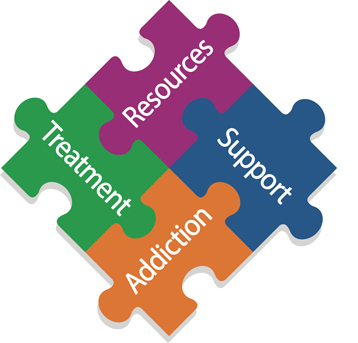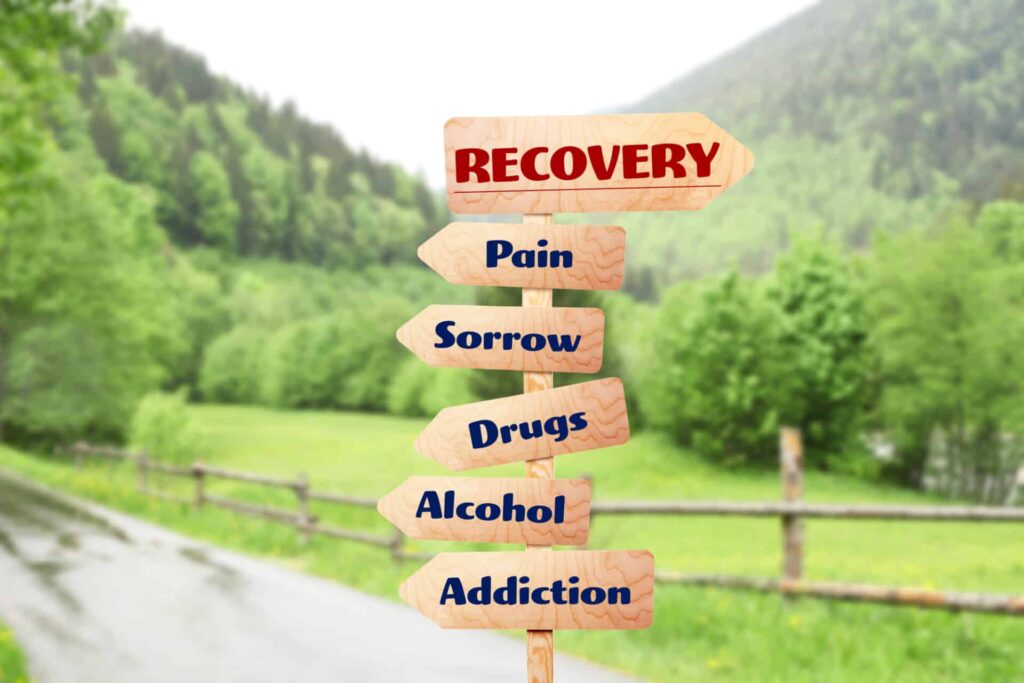Specialized mental health treatment services address both psychological well-being.
Understanding Addiction Treatment: Checking Out Effective Programs for Alcohol Addiction Recuperation and Mental Health Support
Launching the journey toward recuperation from alcohol dependency includes a comprehensive method that resolves both the physical and psychological aspects of dependence. Concurrently, psychotherapy and medication-assisted therapies are customized to mitigate the underlying mental health and wellness concerns, typically linked with addiction.

The Function of Clinical Cleansing in Taking Care Of Alcohol Withdrawal
Medical detoxing plays an essential duty in the management of alcohol withdrawal, offering as the initial action in the trip towards healing. This procedure thoroughly checks and treats the intense physical symptoms of withdrawal that happen when a specific stops consuming alcohol. The main aim is to stabilize the individual physically and alleviate possible health risks related to withdrawal, such as seizures and ecstasy tremens.
Physician commonly administer medications to relieve signs, take care of discomfort, and avoid issues. The regulated setting ensures safety, addresses nutritional deficiencies, and prepares individuals for the following phases of dependency therapy. Effective detoxing is critical, as it develops the foundation for further restorative treatments, concentrating on lasting recovery and relapse avoidance.
Psychotherapy Strategies for Double Diagnosis Therapy
Integrative strategies, combining elements from various restorative techniques, dressmaker therapy to specific demands, boosting the performance of twin medical diagnosis management (addiction recovery center). Through these psychotherapeutic methods, individuals gain insights right into their habit forming actions and psychological health and wellness problems, promoting an alternative healing process and significantly improving their quality of life.

The Relevance of Medication-Assisted Therapy (MAT)
While psychotherapy tackles the mental elements of dependency, Medication-Assisted Therapy (FLOOR COVERING) plays a just as vital duty in addressing the physiological challenges. MAT utilizes FDA-approved medications, such as naltrexone, buprenorphine, and methadone, to stabilize brain chemistry, block the euphoric effects of alcohol, and minimize food cravings, leading the way for a sustainable healing. These medicines, when combined with behavior modifications, enhance therapy efficiency, minimize the danger of regression, and assist keep long-term sobriety. By sustaining the biological basis of dependency, floor covering addresses the thorough health and wellness requirements of individuals, helping with improved end results in recuperation programs. This incorporated strategy makes certain a much more robust foundation for recuperation, stressing the requirement of dealing with both mental and physical wellness original site elements in addiction therapy.
Incorporating Holistic Treatments Into Alcohol Addiction Recuperation
Although Medication-Assisted Therapy (MAT) is vital, integrating all natural therapies can dramatically enhance the recuperation process for those fighting alcoholism. Alternative therapies include an array of non-medical healing approaches that concentrate on recovery the mind, body, and spirit. These might include yoga exercise, meditation, acupuncture, and art therapy. Each of these techniques aims to enhance psychological health, minimize stress, and improve total well-being, consequently sustaining learn this here now the emotional and mental facets of recovery. By integrating such treatments, therapy programs can offer a much more thorough approach that not only attends to the physical signs and symptoms of addiction however likewise cultivates internal peace, self-awareness, and emotional durability. This assimilation aids individuals develop much healthier coping devices and a stronger foundation their website for long-term sobriety.
Browsing Assistance Solutions and Community Resources for Sustained Recuperation
After addressing the individual's all natural needs in alcohol dependency recuperation, attention needs to also be provided to exterior factors that contribute to continual sobriety. Efficient healing programs stress the significance of developing solid networks, which can include support teams like Alcoholics Anonymous, family members involvement, and healing training. Continual recovery is thus seen not only as a person's trip yet as a community-supported process, promoting a setting where continuous healing is supported and commemorated.
Verdict
Finally, efficient alcohol dependency recuperation programs incorporate a multifaceted method that includes clinical cleansing, psychiatric therapy, and medication-assisted therapy. Incorporating holistic therapies and leveraging support group are necessary for resolving both physical and psychological health challenges. Such extensive care not only helps manage withdrawal signs however likewise supports long-lasting sobriety and psychological well-being, consequently improving an individual's ability to lead a healthier and more meeting life post-recovery.